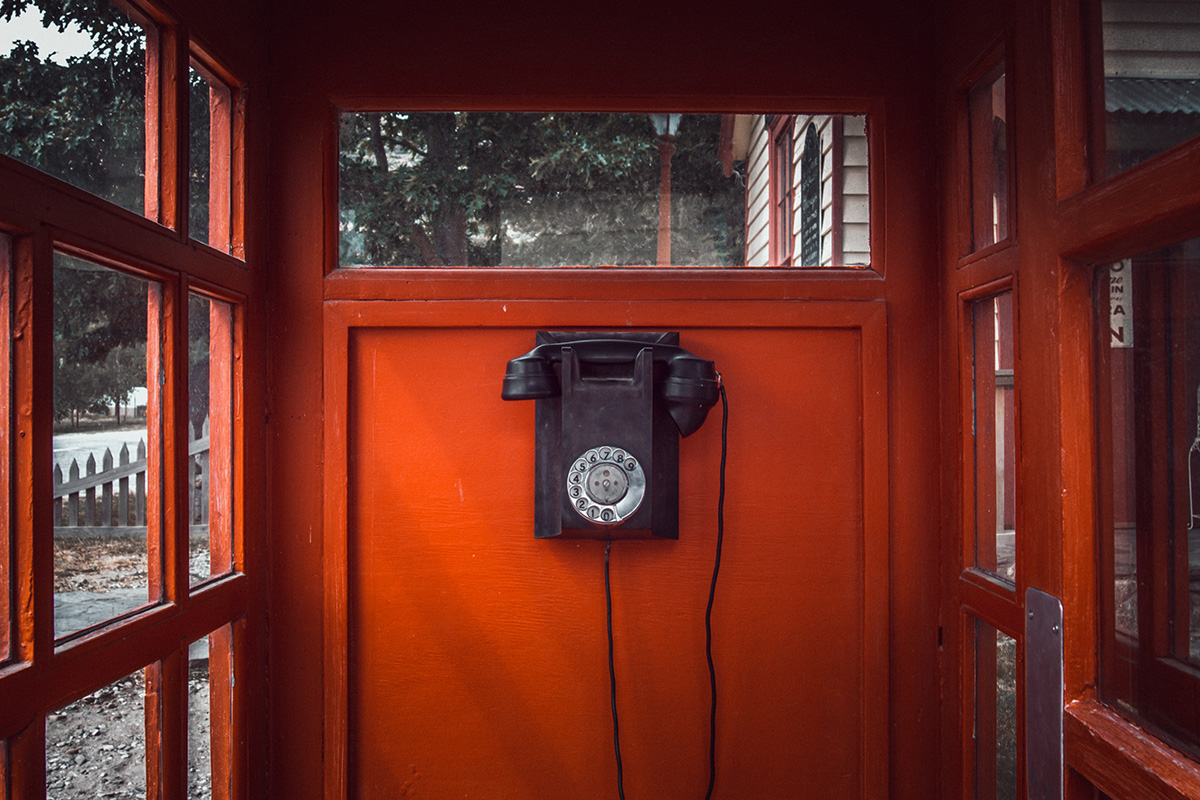Folklife Friday is a weekly digest of arts and culture articles, podcasts, and videos from across the web. Read on for a selection of the week’s best cultural heritage pieces, and don’t forget to check back next Friday for a new set of weekly picks.
Earning My Eloquence
“It became clear to me at an early age that I had to speak ‘properly’ if I was to be heard,” Sabreena Ghaffar-Siddiqui writes in this poignant piece. As a second-generation Pakistani American, Ghaffar-Siddiqui witnessed both the overt and the latent accent prejudice that her parents faced. “People either slowed down their speech—as if my parents were incapable of understanding them—or started to talk very loudly—as though they were hard of hearing,” she explains. “I have worked hard my entire life not to be seen as the ‘angry and inarticulate’ or the ‘mumbling and nervous’ immigrant.”
In the Former East Germany, Frank Zappa Lives on as a Beacon of Freedom
Wolfhard Kutz’s Stasi file “branded him a decadent young man influenced by propaganda from the West,” Patrick Cox reports in this episode of The World in Words. “‘Worst of all,’ he says with a rueful laugh, ‘I influenced young people with the music of Frank Zappa.’” Cox visits Zappanale, the festival Kutz founded to celebrate the life and rock music of Zappa, and finds, among other treasures, boozy lectures about Zappa songs.
Times Square Phone Booths Call Up Immigrants’ Stories
“It’s hot but I stay because the stories are riveting,” Seph Rodney writes in this review of Once Upon a Place, a project developed by Paris-based Afghan American artist Aman Mojadidi. The exhibition, set in a public piazza in Times Square, features tales of immigrants looped into repurposed phone booths. Among the themes that emerge include those of “poverty, fascism, governmental corruption, ethnic, religious, and gender-based persecution.”
The Chulita Vinyl Club Spins a Safe Space for Music and Identity
For vinyl collector Claudia Saenz, playing records is “a way of keeping in touch with the past, with your roots.” The founder of the Chulita Vinyl Club reflects on the communal spirit born from the collective in this article by Oliver Wang. “It’s empowering to have it in your hands and to have it be so tangible, so close to home, a piece of history.” The Chulita Vinyl Club holds pride of place for Latina DJs in both Texas and California, creating a “space that feels safe to explore, where women can…pursue collecting more seriously…or share your favorite song with someone.”
Glossing Africa
“To gloss, or not to gloss? That is the question.” In this essay, Zambian writer Namwali Serpell dissects the politics of language in African literature and the value of glossaries in translation. “There’s a part of me that just deeply resents the fact that there’re many parts of the world where the fiction that comes from there is read as anthropology rather than as literature,” Chimamanda Ngozi Adichie explained at the 2017 PEN World Voices festival in New York. “And increasingly that kind of anthropological reading then means that…you’re explaining your world rather than inhabiting your world.”
Special thanks to editor Elisa Hough and to Michael Atwood Mason, Sabrina Lynn Motley, and Amalia Cordova for their contributions to this week’s digest.


